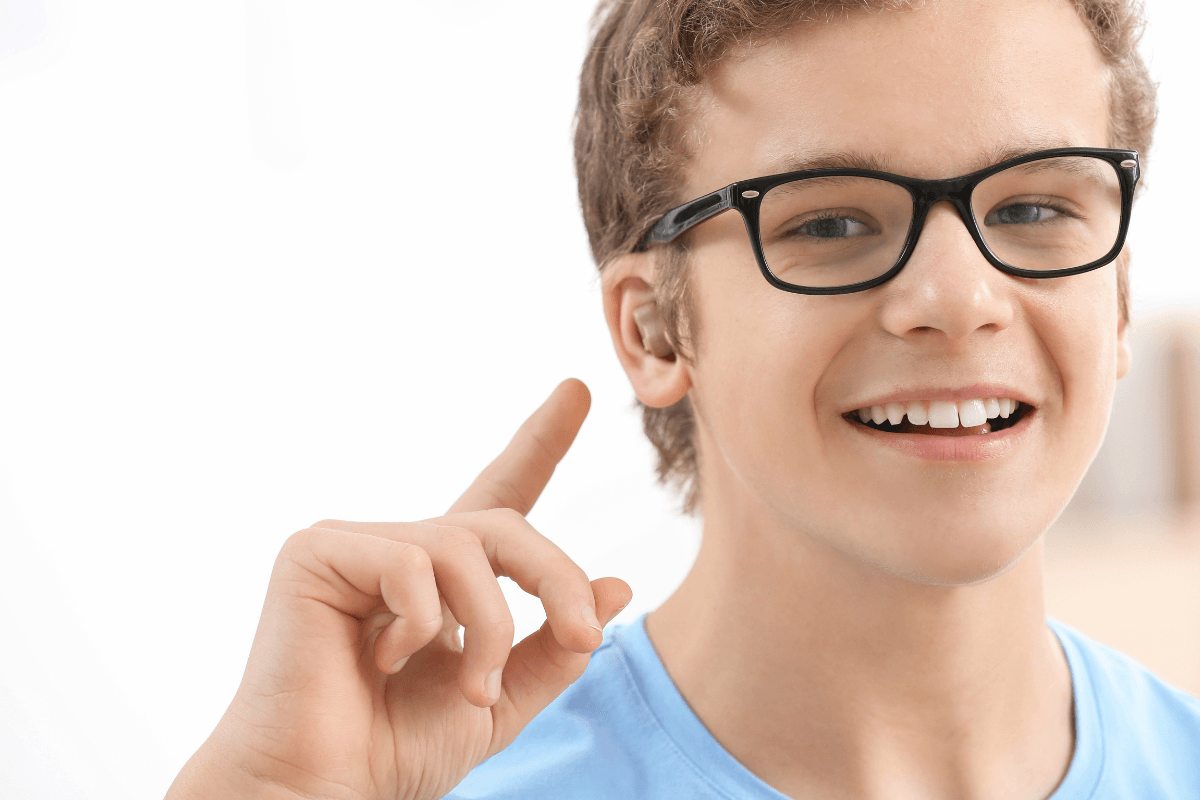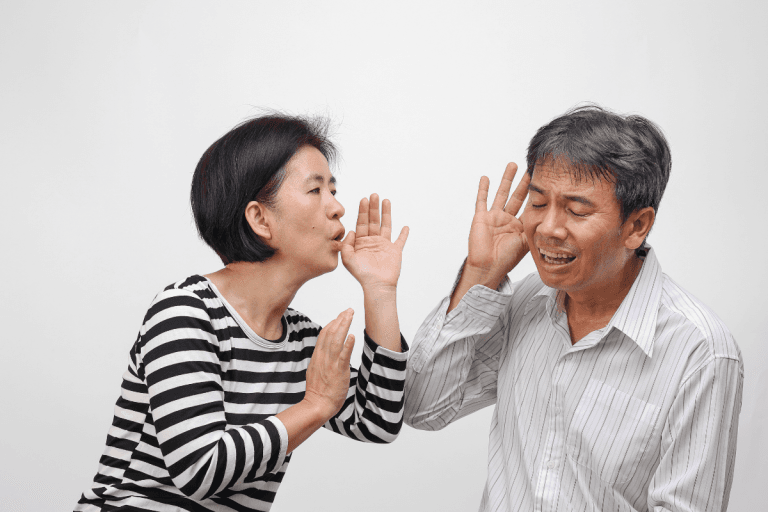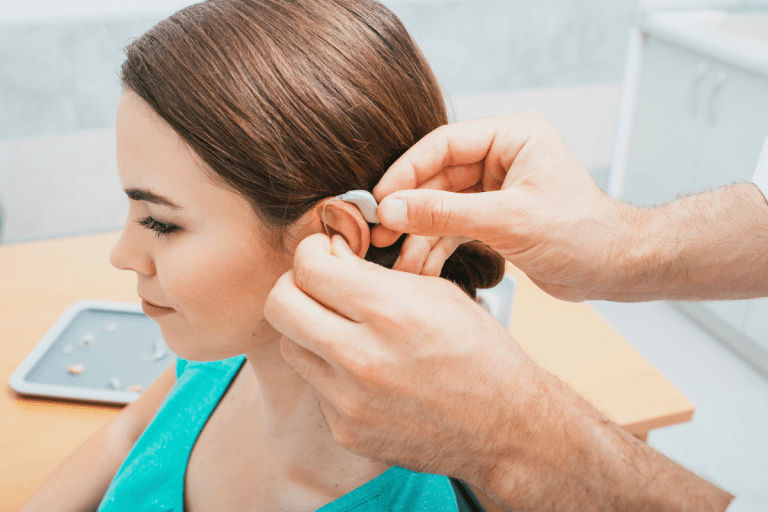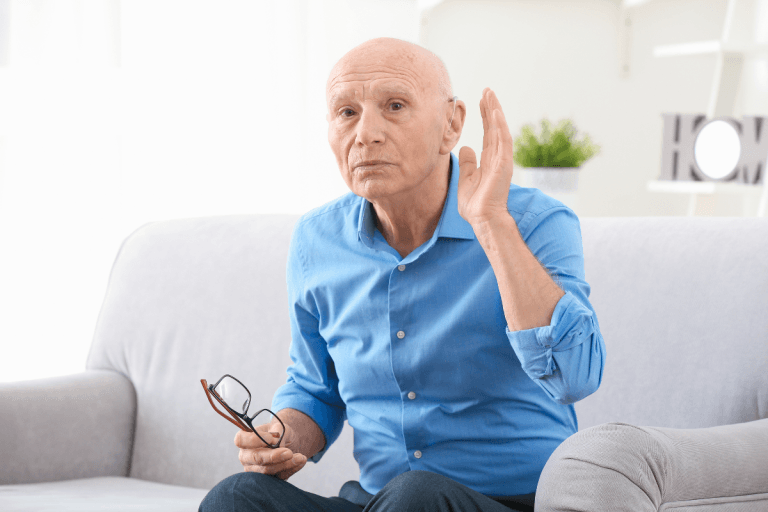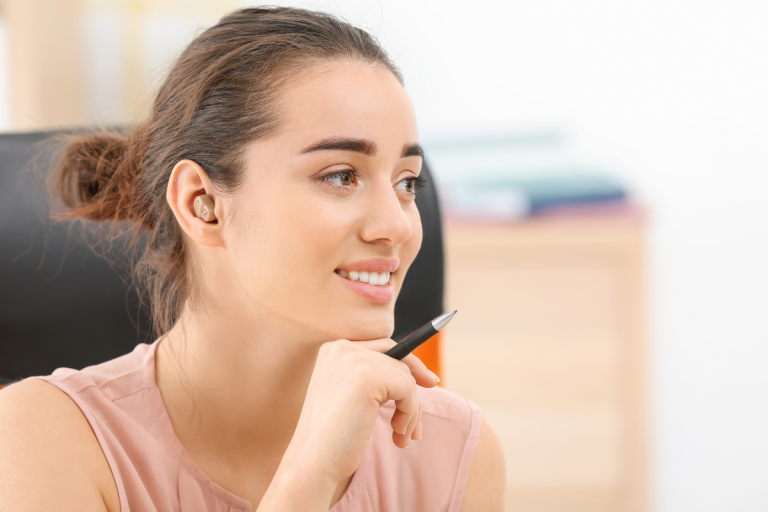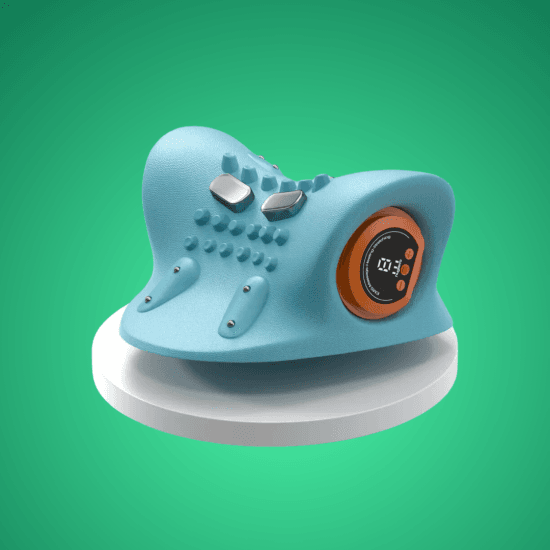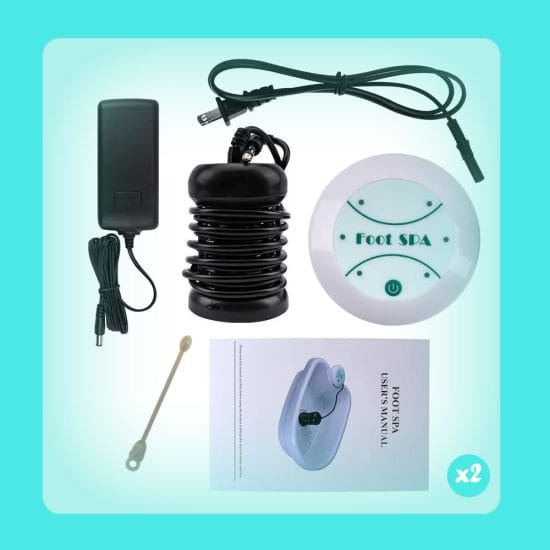Hearing Aids & Showering: Safe Daily Care Guidelines
When you’re living life with hearing aids, it’s easy to forget that these small devices require some extra care—especially when it comes to water. One of the most common questions hearing aid wearers ask is whether they can wear their hearing aids in the shower. The simple answer? No. Water and hearing aids don’t mix well. But don’t worry! With the right precautions, you can keep your devices safe and extend their lifespan. Let’s dive into some essential tips on caring for your hearing aids while staying clean and dry.
- Water and Hearing Aids Don’t Mix
- Why Water Can Damage Hearing Aids
- Protect Your Hearing Aids with Waterproof Accessories
- How to Care for Hearing Aids After Showering
- The Importance of Drying Your Hearing Aids Properly
- What to Do If Your Hearing Aids Get Wet
- In Summary: Showering with Hearing Aids—What You Need to Know
- Water and Hearing Aids Don’t Mix
Let’s get this clear from the start: hearing aids and water do not go hand in hand. Even the smallest amount of water can cause serious damage to the internal components of your device, impacting their performance and lifespan. When it comes to showering or bathing, it’s best to remove your hearing aids to avoid any potential mishaps. - Why Water Can Damage Hearing Aids
Hearing aids are packed with tiny electronics, which are sensitive to moisture. Water can seep into the microphone, amplifier, or receiver, leading to malfunctions or total device failure. This is especially true for traditional hearing aids, which aren’t built to withstand direct exposure to moisture. Even if your hearing aids claim to be water-resistant, it’s always a good idea to play it safe and keep them dry. - Protect Your Hearing Aids with Waterproof Accessories
If you find that you often forget to remove your hearing aids before showering or swimming, consider investing in waterproof hearing aid accessories. Waterproof pouches, cases, or special drying kits can help keep your hearing aids safe from moisture. These accessories act as a barrier between your devices and any potential water exposure, offering added peace of mind. - How to Care for Hearing Aids After Showering
If you accidentally wear your hearing aids into the shower (it happens!), the first thing you should do is remove them immediately. Gently pat them dry with a clean, dry cloth, and place them in a dry, well-ventilated area. Don’t try to use them again until you’re certain they’re completely dry. If possible, leave them out overnight to allow the moisture to fully evaporate. - The Importance of Drying Your Hearing Aids Properly
If your hearing aids do get wet, proper drying is essential. Don’t use a hairdryer or any other heat source to dry your hearing aids, as this could damage them further. Instead, use a hearing aid dehumidifier or a drying box designed to remove moisture from your devices. These tools help maintain the integrity of your hearing aids without causing any harm. - What to Do If Your Hearing Aids Get Wet
If your hearing aids become wet and you’re unsure whether they’ll work again, don’t panic. First, remove the batteries and allow the hearing aids to dry for 24-48 hours. You can also place them in a dehumidifying case to speed up the drying process. If they still don’t function properly after drying, it’s time to visit your audiologist or hearing aid provider for professional cleaning and assessment. - In Summary: Showering with Hearing Aids—What You Need to Know
Showering with hearing aids on isn’t a good idea. Moisture can damage the delicate electronics inside the devices, affecting their performance and lifespan. Always remove your hearing aids before getting in the shower, and consider investing in waterproof accessories for added protection. If your hearing aids do get wet, take immediate action by drying them properly, and consult a professional if necessary. By following these simple guidelines, you’ll be able to keep your hearing aids in top shape for longer.
Disclaimer: This article is for informational purposes only. Always follow the care instructions provided by your hearing aid manufacturer and consult with an audiologist or hearing care professional for personalized advice regarding the care and maintenance of your hearing aids.
References:
- American Academy of Audiology. “Hearing Aid Care and Maintenance.”
- National Institute on Deafness and Other Communication Disorders (NIDCD). “Hearing Aids.”
- Hearing Life. “Hearing Aid Care: How to Keep Your Device in Tip-Top Shape.”

